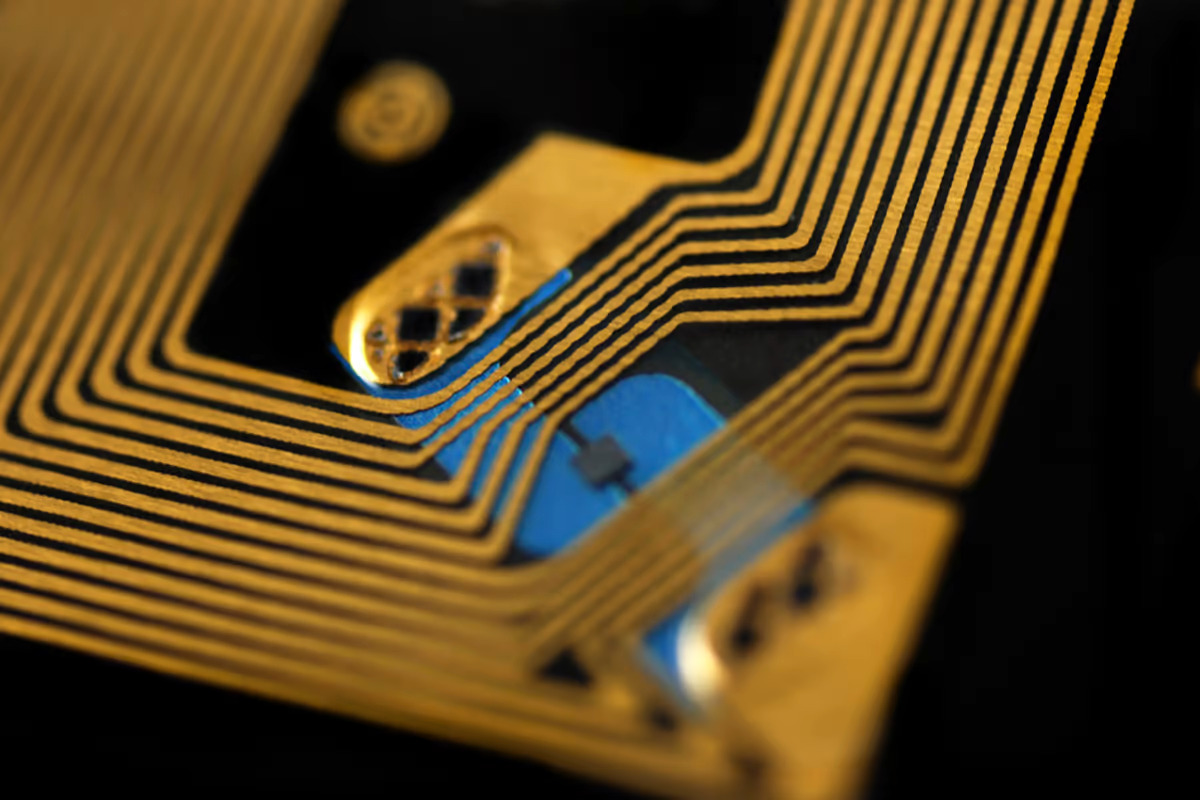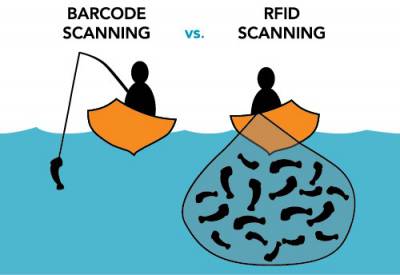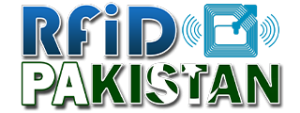About RFID
- Home
- Pages


About RFID Pakistan
Pioneers in implementing RFID Solutions in the Forces & Industries Sector since 2011 in Pakistan. RFID PAKISTAN is a Registered Trademark from IPO, & Registered with Pakistan Software Export Board (PSEB) vide Registration No. Z-2511473/24. RFID-Pakistan.com is a pioneer in Supply Chain IT solutions and is leading in providing such solutions to 100s of local companies. RFID Pakistan is proud of being a Pakistani company providing these state-of-the-art solutions using pure Pakistani talents.
CEO Message:
The CEO of RFID Pakistan, believes that the latest trend in RFID is catching fire promptly. There is no pressure on local exporters to use RFID for product identification notably in garment manufacturing. According to him the greatest vantage of RFID is that it is now being integrated as a module in popular ERP systems such as SAP and EBF. The CEO has asked not to reveal the brand names publicly, but RFID-pakistan.com is providing RFID solutions to various multinational companies including a popular soft drinks brand, pharmaceutical companies, and the largest exporter of garments in Pakistan. With RFID Pakistan’s more than a decade of experience in Supply Chain IT, its expertise, and well-versed knowledge of Pakistani industrial needs, the CEO believes RFID is a good answer to our local supply chain problems.
Scope of RFID in Pakistan?
RFID is no more future and Pakistani companies are now embracing it. He speculates RFID will soon be everywhere replacing barcodes and also being the enabler of the Internet of Things and RTLS.
Partnered Companies
The company has partnered with Zebra, Impinj, Motorola, Alien, Psion, Teklynx, and NetCore to provide technological solutions.

Our Mission
Mission
Our mission is to revolutionize supply chain management in Pakistan by implementing cutting-edge RFID technology. We aim to provide innovative and efficient IT solutions that enhance traceability, visibility, and overall efficiency for local businesses. By leveraging local talent and expertise, we strive to deliver world-class RFID solutions tailored to the unique needs of Pakistani industries.
Our Vision
Vision
Our vision is to continue setting new standards in supply chain management as the leading provider of RFID solutions in Pakistan and beyond. We aspire to drive widespread adoption of RFID technology across various sectors, replacing traditional barcode systems. Ultimately, we aim to enable businesses globally to compete more effectively by integrating advanced RFID technology with the Internet of Things and RTLS.
About RFID
Adoption of
RFID Technology
Business processes are now becoming ‘smart’ due to the tremendous progress in business technology in a couple of years. It has become essential for local businesses to keep up with IT trends in order to survive and compete with the global market. Streamlining the supply chain process is always the crucial and the most significant part of a business. Pakistani businesses are slowly adopting RFID over barcodes while the international market has already embraced this trend. RFID is utilized in providing solutions for warehouses, fixed and mobile asset tracking, field force monitoring and management, Point of Sale (POS), security, access control, etc. Thus, traceability and visibility can be achieved using RFID in any supply chain. Although, adopting RFID for supply chain management requires a relatively huge investment but it definitely is a long-term investment making supply chain processes much more effective and streamlined for years.
-
Technological advancements in business processes.
-
Benefits and investment in RFID technology.

Asset Management:
Each year, a company has to account for its profit and loss on the balance sheet. Not only do sales affect this calculation, but other assets for the company as well. The cost of hardware, furniture, and electronics are also included. Therefore, with the use of RFID, it will be easier to track which essentials were replaced, discarded, or sent for maintenance.
Production Management:
In a bedding manufacturing factory, each set consists of a bed sheet with respective pillow covers. However, if any of the sets is left out of pillow covers then with RFID it is easier to track down which set it was and what was missing.
Inventory Control:
With RFID tags on products, inventory management becomes much simplified as it is easier to track which products need to be restocked or running out of production.
Barcode Vs RFID

The use of barcode has its own shortcomings such as they can be read one at a time and usually identifies the category of the product instead of uniquely identifying it. On the other hand, RFID can be implemented for individual product identification and allow 100s of tags to be read simultaneously. While barcode reading can be obstructed by factors such as dirt or tearing, RFID suffers from no such hindrance. However, metals and liquids can affect the frequency.
When it comes to data collection through barcodes, manual intervention is necessary making it labor-intensive. However, this process through RFID is pretty much automated and requires the least human involvement especially while using fixed readers decreasing the chance of errors. This makes RFID almost 15-20 times faster than a barcode. According to Motorola, a company can experience a 95% reduction in processing time with the use of RFID.
It has now become essential for local businesses dwelling in global lands to adopt effective and smart IT solutions for simplified supply chain management, resulting in greater profits. It is now to be seen how fast RFID takes over barcodes in Pakistan.
24/7 Customer support
Can we help you?

